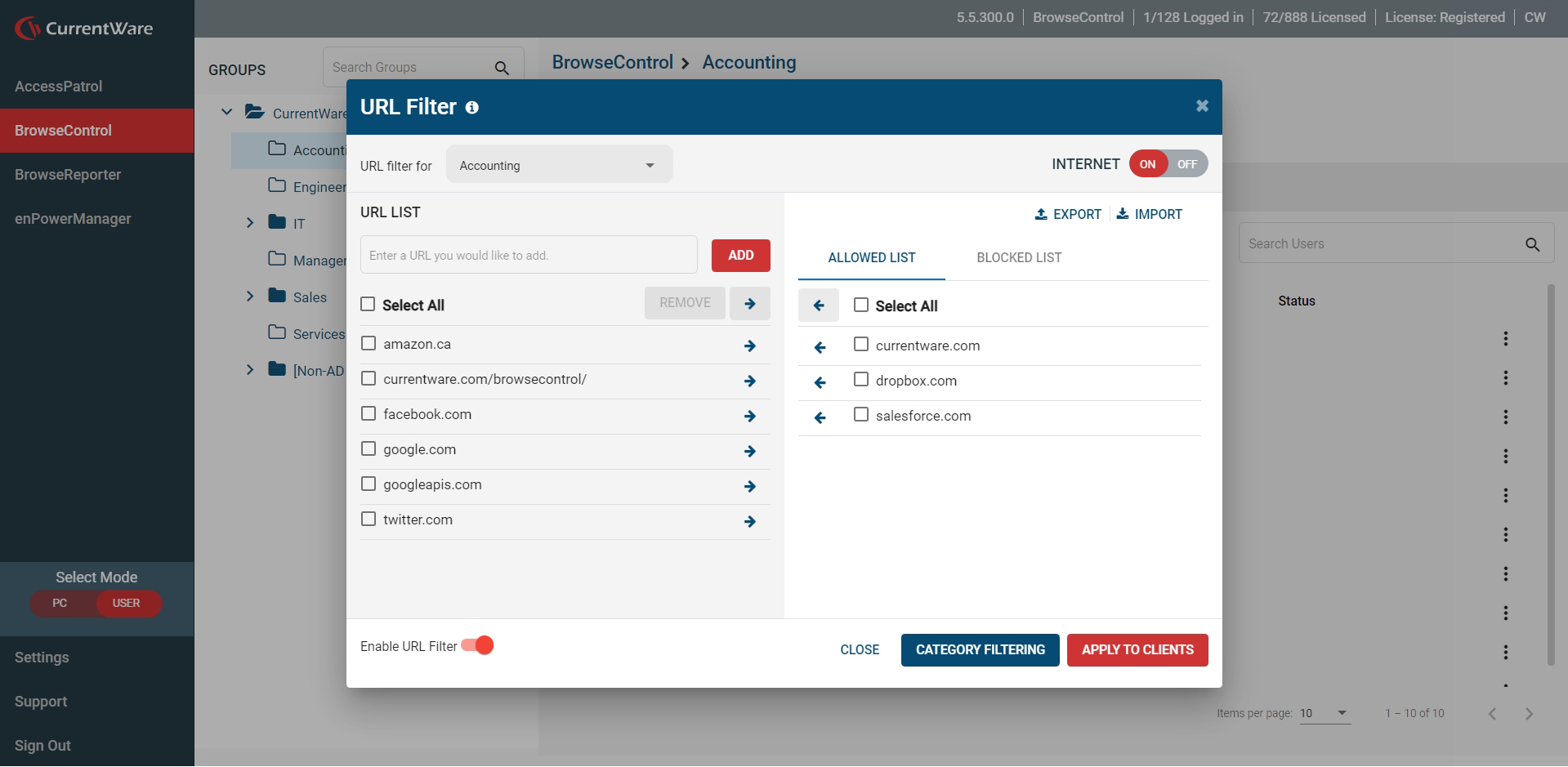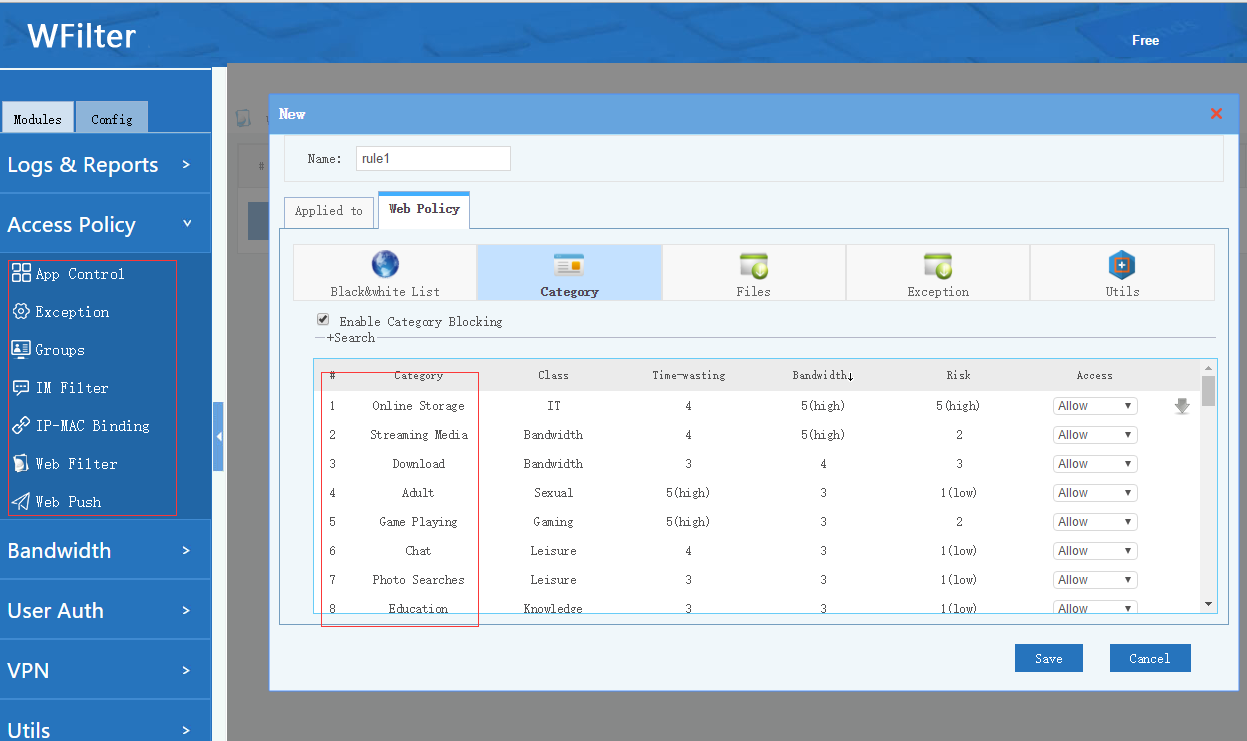
Library cards for all patrons under the age of 17 are set to the default filtering level of “UNDER 17 PLUS.” The following filter categories of information are blocked for patrons with the “UNDER 17 PLUS” filter: adult/mature content, child pornography, malicious outbound data/botnets, malicious sources, nudity, pornography, phishing, potentially unwanted software, proxy avoidance and violence/hate/racism.Īccording to CIPA, all adult library patrons must initially have filtered access to the Internet. KCLS provides the following levels of filtered Internet access:

KCLS uses the Internet filtering protocols of the Children’s Internet Protection Act (CIPA), which mandates that any public library using federal funding must filter Internet access to screen for obscenity, child pornography, and in the case of minors, material that is deemed harmful to them. This policy outlines the way in which the Internet is filtered on KCLS computers. In compliance with the Children’s Internet Protection Act (CIPA), the KCLS Board of Trustees approved the implementation of Internet filtering software on all of its public computers in August 2003. The King County Library System (KCLS) provides access to the Internet on all of its public computers, as well as wirelessly to patron’s personal devices. Keyword and content filters will filter out websites that contain specific keywords or predefined content (such as pornography, for example).Date(s) of Revision: 9/94, 3/00, 10/04, 3/10, 2/12, 7/15

On the surface, web filtering is pretty simple, but like all things, as you start to learn more, everything becomes more complex.


Many Web filter tools work off of a constantly updated URL database that shows which websites and domains are associated with hosting malware, phishing, viruses or other tools for harmful activities. Or, they can evaluate the content of the page live and block it accordingly. They can block content as determined by quality of the site, by consulting known lists which document and categorize popular pages across all genres of content. In general, Web filters work in two distinct ways. Web filters are made in different ways and deliver various solutions for individual, family, institutional or enterprise use. Web filtering is a technology stops users from viewing certain URLs or websites by preventing their browsers from loading pages from these sites.


 0 kommentar(er)
0 kommentar(er)
